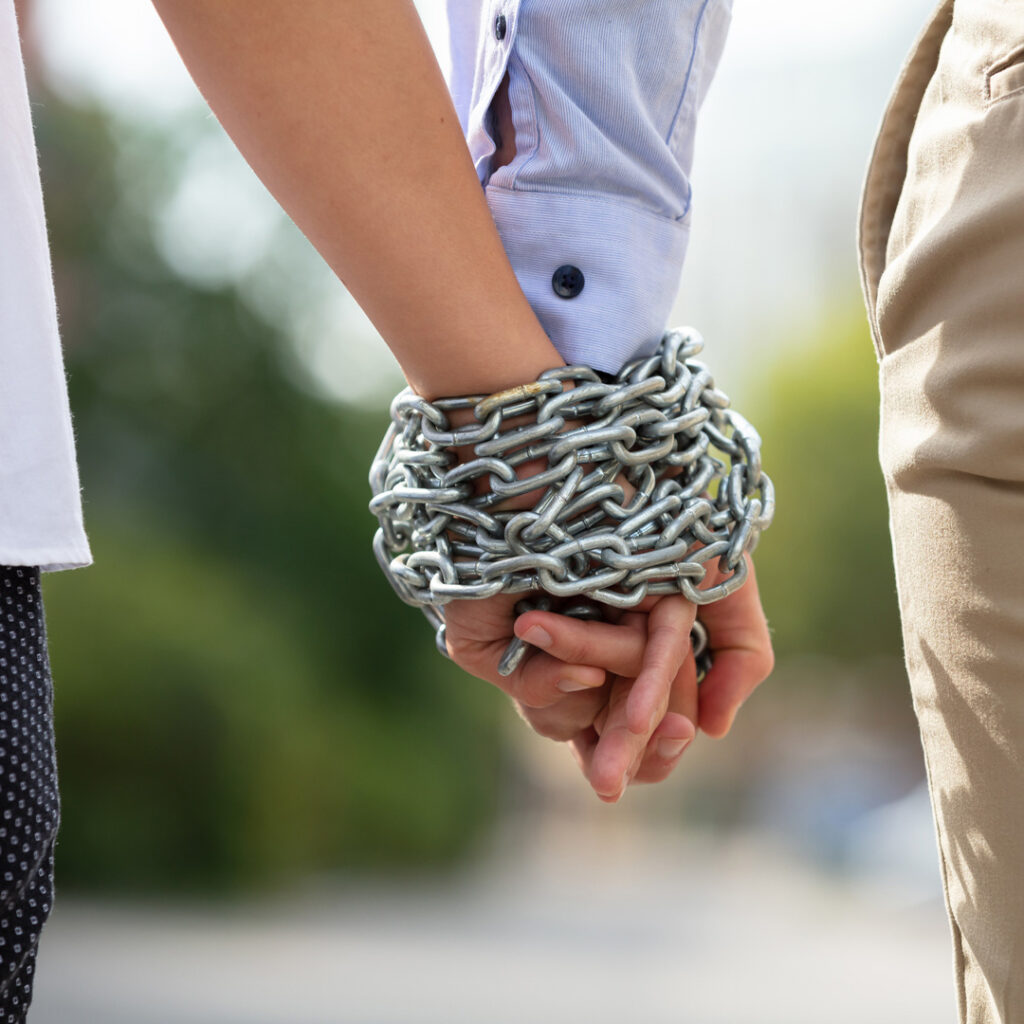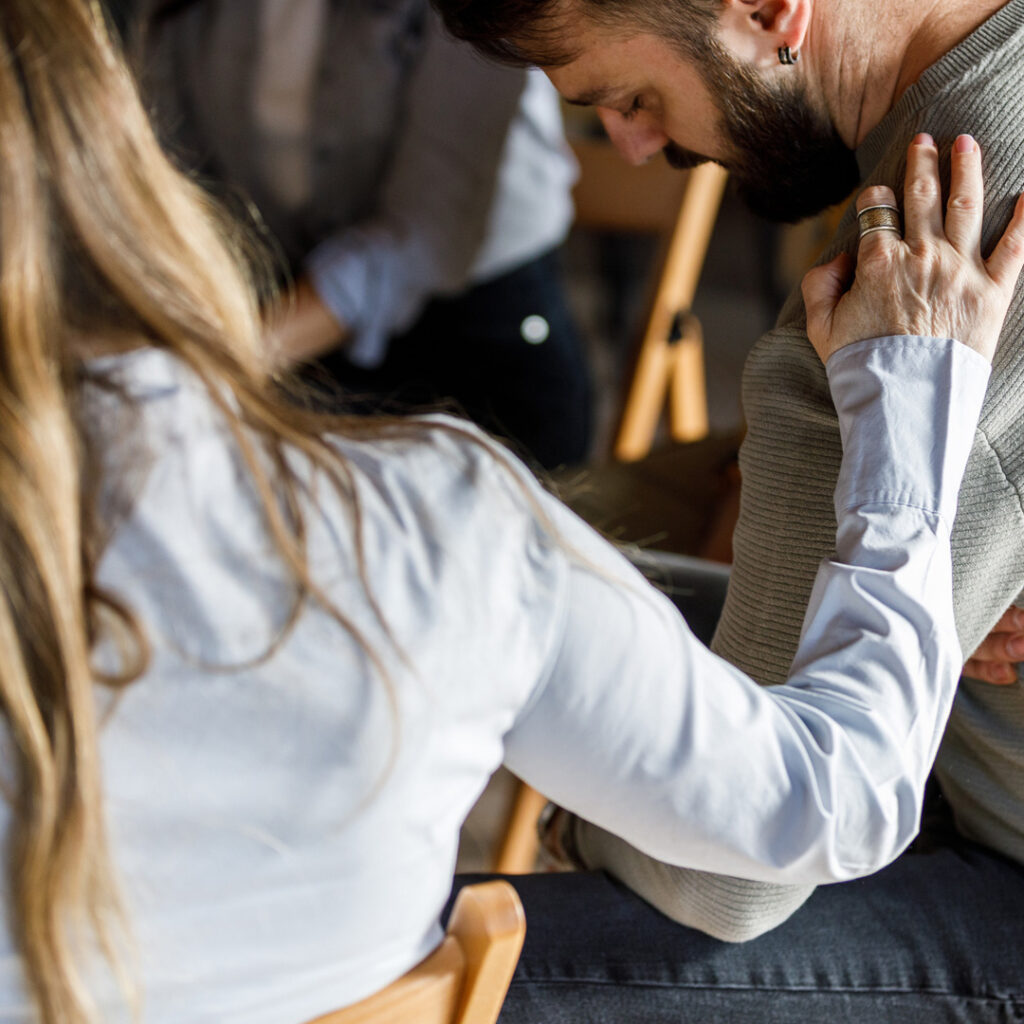
“No one changes unless they want to. Not if you beg them. Not if you shame them. Not if you use reason, emotion, or tough love. Only one thing makes someone change: their own realization that they need to do it. And there’s only one time it will happen: When they decide they’re ready.”
Lori Deschene

“No one changes unless they want to. Not if you beg them. Not if you shame them. Not if you use reason, emotion, or tough love. Only one thing makes someone change: their own realization that they need to do it. And there’s only one time it will happen: When they decide they’re ready.” Lori Deschene
Living with someone with active addiction, dysfunction, or has mental health challenges can be difficult.

Imagine this: their lifestyle revolves around avoiding the need to feel, confront, and heal their pain.
They cling to a victim narrative, justifying behaviors that numb their pain—even when it harms those around them. Their stories are built on distortions: lies, blame, and twisted thinking. While life can bring genuine challenges, some people hold onto the identity of being a victim. Instead of confronting past wounds, they construct a fictional narrative to excuse harmful actions rather than pursue healing.
Denial, blame-shifting, deflection, and rationalization become their tools to avoid accountability. After all, if the problem isn’t their fault, they don’t need to fix it. Heartbreakingly, the person you love might be crafting a story that casts you as the villain, enabling them to stay entrenched in their dysfunction. When someone is unable—or unwilling—to see the impact of their actions on others because their focus is solely on themselves, the relationship becomes unsustainable.
Being caught in a codependent dance with someone is exhausting and unfulfilling. Trying to fix someone who doesn’t want to change is a losing battle. Repeating the same actions, hoping for a different result, is emotionally draining and pure insanity. Break free from the dance! A healthy relationship cannot exist when it’s all about them, and they show no regard for how their behavior affects you.
As a grown adult, would you allow a muddy puppy to jump all over you, leaving dirt and mess on your clothes or furniture? Of course not! So why do we allow relationships with people living in their own “mud” to drag that mess into our lives? This is such an important issue to address and work through. EMDR is an incredible tool to help you get to the root of these patterns and create healthier boundaries.
People who resist change are often master storytellers, spinning their narratives in ways that make you question yourself and wonder if they might be right. They operate with a sense of entitlement, using accusations, blame-shifting, deflection, and denial to create confusion and frustration. Their tendency to blame you for their behavior is gaslighting. It’s all about them—you won’t be able to reach them or make them see your perspective. Instead, focus on learning the skills to break free from the codependency cycle. There’s a better way.
Get Help With Codependency

People who are hell-bent on destruction are not the individuals you want in your inner circle. Those who disregard how their actions affect your heart are unsafe to be around. It’s never easy to take the step of creating distance, especially with someone struggling with addiction. But think of it like dealing with a dog that keeps dragging mud into your clean, safe space, disrupting your peace. How is that working out for you? It’s time to protect your boundaries and prioritize your well-being.
Here’s the thing, though: no matter how much you love someone, if they don’t love themselves enough to face their feelings, heal, and deal with life, nothing you do will make a lasting difference. You’ll find yourself fighting a losing battle, leading only to misery for both of you.
Codependency isn’t just about enabling someone with addiction. It can also manifest as seeking validation from others’ opinions, prioritizing peace at any cost, giving in to those who overpower you, or saying “yes” when you want to say “no.” These patterns are often learned early in life as survival mechanisms in challenging family environments.
Breaking free from codependency means unlearning these unhealthy coping strategies and discovering your authentic self. Embrace the journey to becoming the best version of you—free to live as the person you were created to be!
“Forgive yourself for not knowing better at the don’t. Forgive yourself for giving away your power. Forgive yourself for past behaviors. Forgive yourself for the survival patterns and traits you picked up while enduring trauma. Forgive yourself for being who you needed to be.” Audrey Kitching

